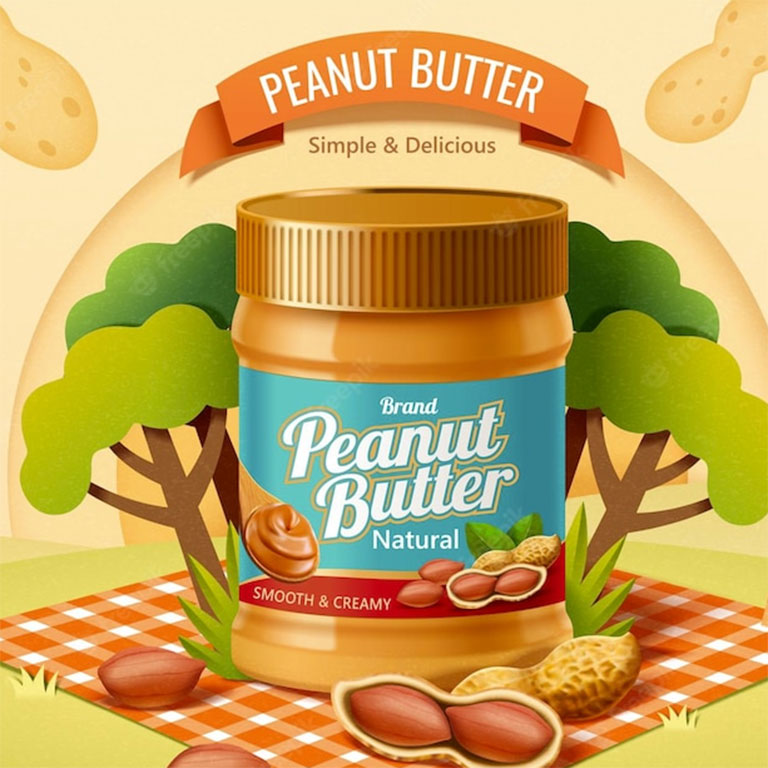Why do Super markets and Retail stores have a competitive advantage in Private Label Manufacturing?
Retail chains have become very powerful selling points for different brands. The evolution of retail chains from your next door grocery store to huge retail complexes have opened up a huge window of opportunity for all types of brands. Prominent among them are the Private Label manufacturers.
What is Private Label Manufacturing?
Private label manufacturing is when you pay a manufacturer to produce a product and give it your brand name. A great arrangement, especially if you are keen to sell a product, without being ready to invest in manufacturing capabilities and sometimes in designing the product as well.
Evolution of Private Label Manufacturing
Private Label Products are not new to the retail scene. Such a system was prevalent in the US retail markets as early as the 1900’s. There are three fundamental reasons for the development and growth of Private Label brands:
- Shift of retail presence from national brands: Earlier national brands used to have the edge due to their vast presence. However, with private label manufacturing products, retailers could expand their horizons. Also, they could do this without any investment in production capabilities.
- Availability of high quality but low priced products: Private label business allow the retailers to focus on marketing. They do not have to bother about production and supply issues. With greater global logistics options, more retailers started to switch to Private label products. This helped them to add inexpensive and high quality capacity for everything from food to automobiles.
- Option to have an In-house Brand: In-house brands were introduced when Private label manufacturing options became available. This started finding favour with loyal customers. In house brands allowed retail chains to make profits as well as create loyalty.

How does Private Label Manufacturing by Panicle Worldwide work?
The 5 Easy Steps to your own Peanut Butter label.
What are the advantages of Private Label Manufacturing?
Supermarkets and Retail stores stand to gain a lot of advantages if they adapt to private label manufacturing products. Following are the advantages:
- Private label manufactured goods are a great source of profits, primarily because there are no hidden costs connected to manufacturing or shipping.
- Loyal customers of any retail brand are attracted to private labelled goods.
- No costs for research of products or developing innovative solutions.
- No additional cost required for advertisement or marketing as retailer’s image serves as the perfect marketing tool.
- Retailers can position their private labels as the best value-for-money products.
- Private label goods of a retailer are traditionally offered at lower prices. This helps especially during recession and financial crisis times.
- With minimal investment and time for production and logistics, retailers can concentrate on improving customer service.

Private Label Manufacturers also have advantages when they foray into this business.
- A product, especially of highest quality, can be sold under different brand names.
- Single manufacturing facility to take care of multiple clients.
- Quality control for different brands under one umbrella.
- Minimal cost of advertisement, only marketing needs to be done with brands.
With such terrific advantages for both retailers as well as private label manufacturers, it is not surprising that private labelling business has boomed in the recent past. With many retailers and supermarkets resorting to private label manufactured goods, the future for private label manufacturing is on a healthy growth climb, anyway you look at it.
FAQs
How can I start my own Private Label brand?
Please Contact Us. We will take you through the entire process.
Do you have any limitations regarding the capacity of the retailer?
We do not have any such limitations. We serve all with the same product.
Apart from Peanut Butter, do you have any other Private labelling product?
Yes, we export Rice, both Basmati and Non-Basmati varieties.
